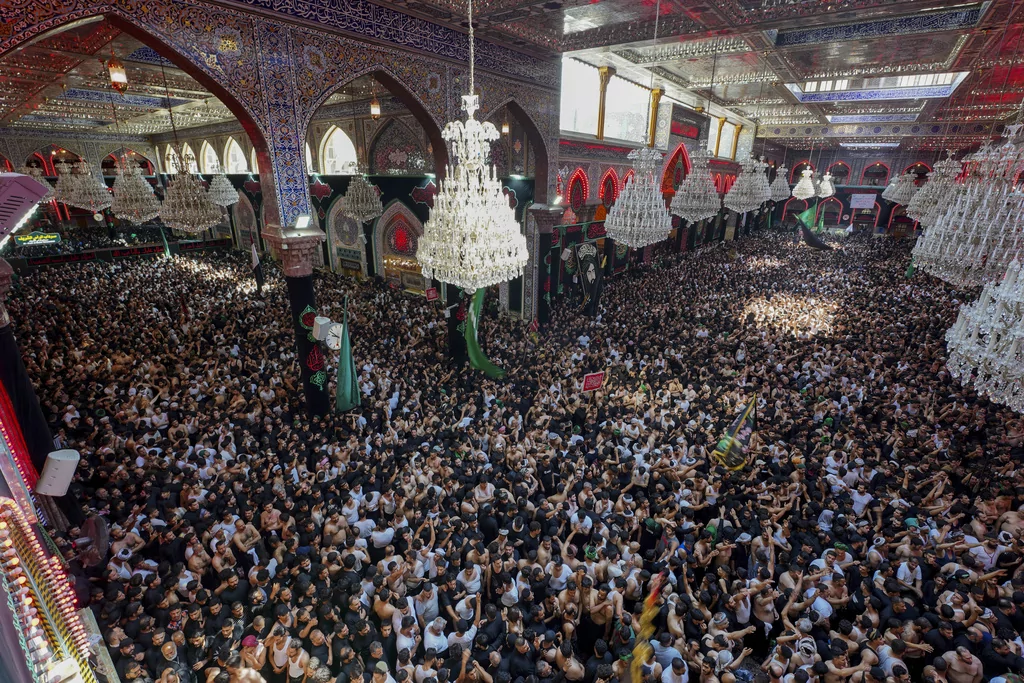
Iraq is set to announce a two-day curfew in order to hold its first census in 27 years.
Iraq, ravaged by sectarian conflict, foreign interventions, and civil war for the past three decades, has finally reached a point where the government feels secure enough to carry out a census. The last census was taken in 1997, but only in 15 of Iraq’s 18 provinces, three of which were out of former leader Saddam Hussein’s control at the time of the census.

Though the government feels secure enough to carry out a new census, it still has its fair number of critics, with many claiming partisan bias from the Shiite-dominated government. The two-day curfew is intended to provide security to the proceedings.
“[The] curfew will be imposed in all provinces of Iraq on November 20 and 21 to conduct a population census,” Prime Minister Mohammed Shia al Sudani said in a statement on Sunday.
Multiple ministries of government will provide classrooms and youth centers to train census staff.
The main controversy revolves around the decision not to include “sect” and “ethnicity” in the census. Ironically, critics accuse the government of doing this for sectarian reasons, in order to preserve the Shiite-dominated spoils system, Amwaj reported.
The issue of the inclusion of “ethnicity” and “sect” in the census delayed it for years, with the Iraqi supreme court finally deciding earlier this year that it would not be included.
“In order to prevent the repetition of problems that occurred in the past, the Federal Supreme Court decided to delete the ethnicity question box and said the purpose of the census is only for development and not related to resolving problems and disputes,” Mahdi al Alaq, president of the Iraqi Society for Statistical Sciences, told Rudaw.
Iraq is believed to be majority Shiite, the Muslim sect that makes up only about 10% of Muslims worldwide, but also contains a significant Sunni population. Hussein was a Sunni who boosted other Sunnis to positions of power, a situation that was reversed after his overthrow by a U.S.-led coalition in 2003.
CLICK HERE TO READ MORE FROM THE WASHINGTON EXAMINER
Many Sunnis in the country felt disenfranchised by the switch, leading to civil wars and the rise of the Sunni Islamic State group of Iraq and Syria. The reliance on Iranian-backed Shiite militias to defeat ISIS consolidated the sect’s hold on the country.
Iraq’s population is estimated to have nearly doubled since the 1997 census, which put the population in the 15 provinces at 22 million.







